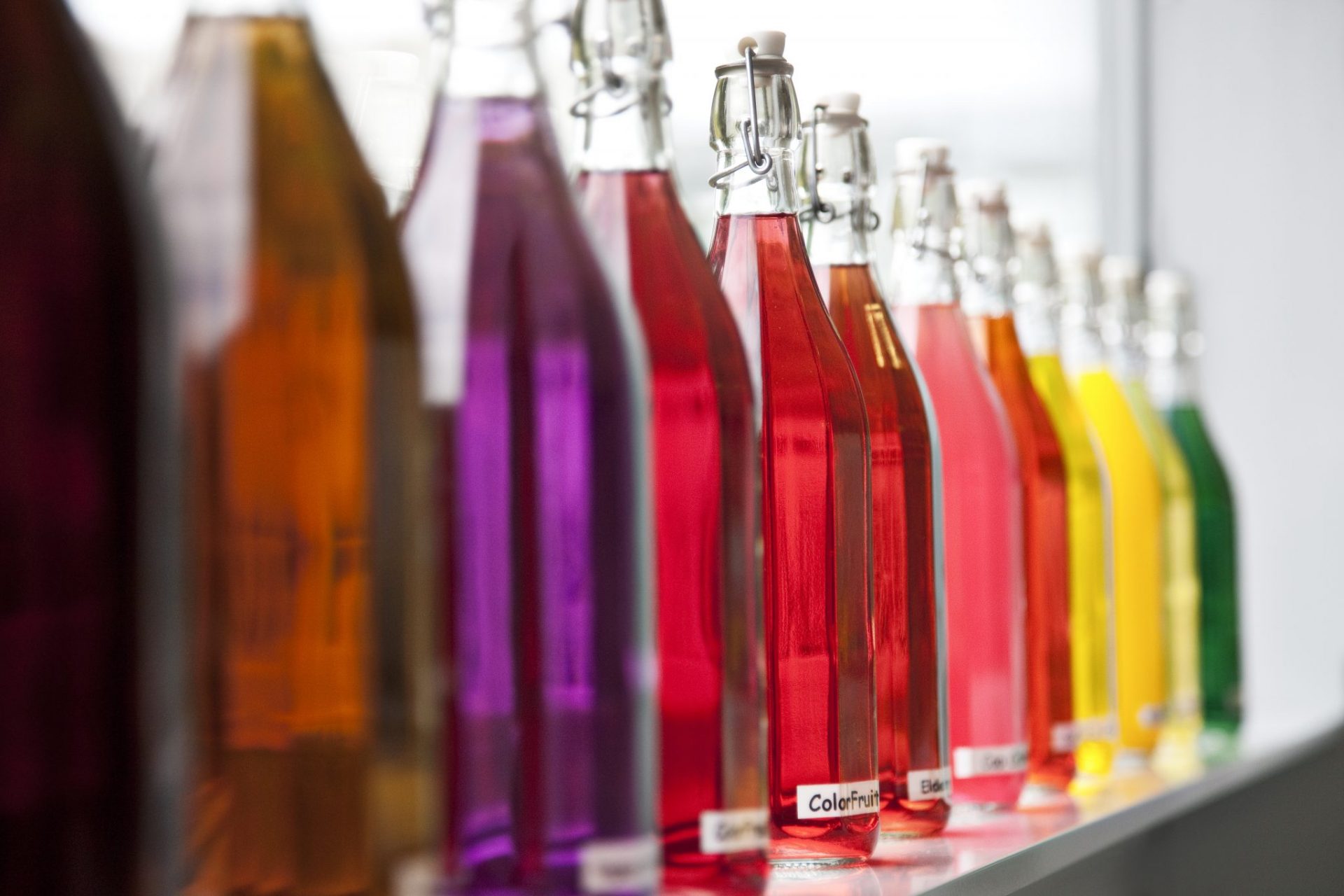Cultivating plants to produce natural additives
The Danish collaborative innovation project, BioFactory, has developed new methods for stimulating and utilising functional substances in plants to meet rising consumer demands for food products without chemical additives.
The global focus on healthy and organic food production has led to a large increase in consumer-demands for products without additives and chemical colourings, as well as increased demands for herbal products and healthy foods as alternatives to standardised medicine. This poses a challenge for food companies to develop solutions where plants can be designed to ensure that their natural content of functional components and colourings is high enough for commercial extraction.
Cross-collaboration towards mutual benefits
The Danish innovation project, BioFactory, used advanced biotechnology in their process of coming up with a solution. Led by the Danish Technological Institute, the project involved ingredient producer Novonesis, the universities of Copenhagen and Southern Denmark and many other representatives from the food value chain. Inspiration came from a growing number of consumers who choose to avoid foods with artificial additives. Many natural alternatives currently exist – such as colourings in carrots and beetroot – but at a level too low to make profitable. During the BioFactory project, scientists successfully developed new methods for identifying and growing plant varieties with a high content of specific functional substances. One approach is to stress the plants during growth by subjecting them to excessive light or drought. This stimulates the plant’s natural defence system, so more of the substances are produced.
Functional substances were seen to increase by up to three times their original concentration during BioFactory’s breeding and cultivation experiments
Scientific findings can lead to new business opportunities
Functional substances were seen to increase by up to three times their original concentration during BioFactory’s breeding and cultivation experiments. In addition to developing carrots rich in carotene and anthocyanins, scientists looked into other substances, which could provide value to natural medicine and healthy food. This includes red clover, which contains a type of oestrogen for relieving the symptoms of menopause; roseroot, containing salidroside and rosavin for the treatment of stress; and hemp, which has shown potential as a treatment for neurological disorders.


